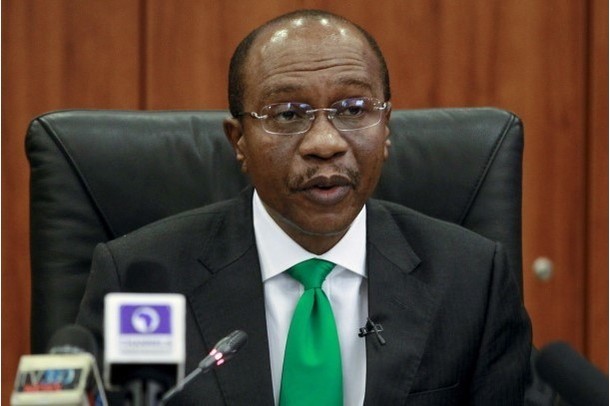Latest News
Nigeria records 33.7% drop in foreign capital imports

News Highlight
- Nigeria’s total capital importation for the third quarter of 2016 declined by 33.7 per cent to $1.82 billion.
The National Bureau of Statistics reported today that Nigeria’s total capital importation for the third quarter of 2016 declined by 33.7 per cent year-on-year to $1.82 billion compared with $2.748 billion posted in a similar period of last year. According to the NBS report, portfolio investment fell by 52.54 per cent in the same period.
On a quarter-on-quarter basis, however, total capital imports rose by 74.84 per cent. The NBS said the highest level of capital imported in Q3’16 was in August, when $894.00 million was imported, two months after the CBN floated the naira on the interbank foreign exchange market in June.
“Much of the quarterly increase in the value of capital importation came from debt financing,” the statistics agency said. “Of the total quarterly increase, 85 per cent was accounted for by increases in portfolio investment in bonds and money market instruments; the latter of which comprises short-term funding securities such as treasury bills and commercial bills from CBN.”
A breakdown of Nigeria’s capital imports in Q3 2016 shows that portfolio investment – equities, bonds, and money market instruments – accounted for $920.32 million or 50.51 per cent. Other investment – trade credits, loans, currency deposits, and other claims – accounted for $561.61 million or 30.80 per cent. Foreign direct investment (FDI) – equities and other capital – accounted for $340.64 million or 18.69 per cent.
The banking sector recorded the highest value of capital imported with $555.52 million or 30.49% of the total amount. Other top sectors were telecommunications, $244.8 million; oil and gas, $171.63 million; production/manufacturing, $68 million; financing, $37 million; and servicing, $37 million.
The major sources of Nigeria’s capital imports in Q3 2016 were the United Kingdom – $1.1 billion or 60.24 per cent of the total capital imports; the United States of America – $426.98 million or 23.43 per cent; and the Netherlands – $94.44 million or 5.18 per cent.
Related News
Latest Blogs
- What Ould Tah’s tenure at BADEA reveals about his AfDB candidacy
- Implementation strategy crucial for the success of 12-4 education policy
- A senator’s suspension threatens the right of representation
- Tinubu’s promising revolution in infrastructure development
- Has Tinubu’s economic reform started working?
Most Popular News
- Artificial intelligence can help to reduce youth unemployment in Africa – ...
- Nigeria records $6.83 billion balance of payments surplus in 2024
- Tinubu appoints new Board Chair, Group CEO for NNPC Limited
- Tariffs stir inflation fears in US but offer targeted industry gains ...
- Soaring civil unrest worries companies and insurers, says Allianz
- CBN net reserve hits $23.1 billion, the highest in three years









